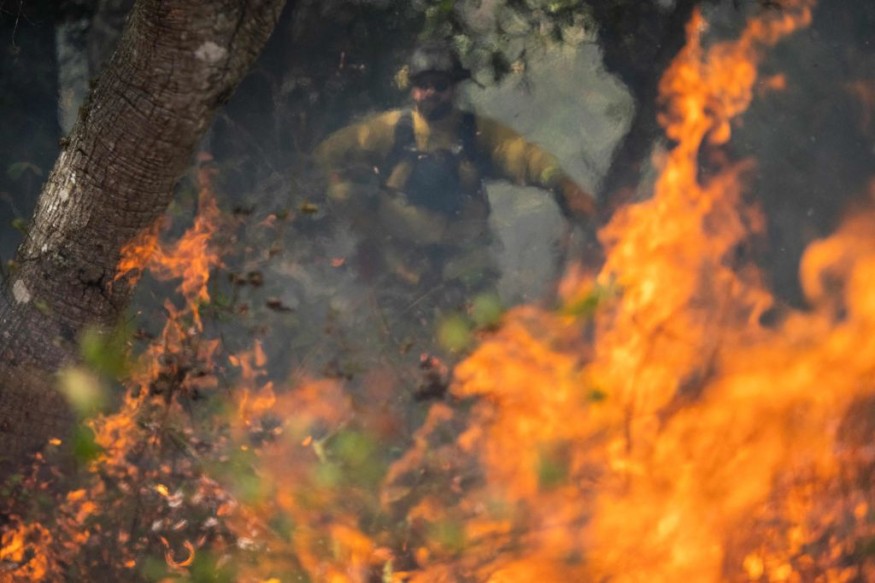Extreme drought and climate change could unleash deadly and larger wildfires in the Southern Appalachian region, bringing more risk to communities and wildlife.
The dry vegetation and drought can exacerbate the drought problems in the US, especially in the Southern Appalachian region.
Forests and vegetation in the US are no strangers to challenging weather events, such as the following:
- drought
- wildfires
- hurricanes
- heatwaves.
As a result, researchers from the North Carolina State University studied the climate change effects on the forests over the southern Appalachian region of the Southeast.
Widespread and Larger Wildfires in the Southern Appalachian Region

The research findings were published in the Fire Ecology journal. Researchers noted that climate-driven increased drought can help spread wildfires. Researchers analyzed the fire concerns and climate change in the Southern Appalachians that have experienced the following:
- Wildland urban interface
- Land use exchange
- Fire Exclusion
Researchers conducted climate scenarios to observe the drought patterns and anthropogenic influences to predict future fire risks in the Southern Appalachian Region.
Climate change can influence the change in fire regimes, causing more frequent and intensified fires in the region. Understanding the impact will provide new insights into fire prevention and mitigation programs to fight larger fires.
Furthermore, the study emphasized the potential increasing fires in the Southern Appalachian. Researchers discovered that 231 square miles of forest could suffer from widespread burns every decade based on the 80-year-old study.
Frequent fires can leave devastating damage to ecosystems and wildlife. As a result, communities should observe the fire bans and develop effective fire mitigation plans in the region.
When fires become widespread, they can affect nearby urban areas. Urban expansion and land management can worsen the fire risk in the Southern Appalachian Mountains exacerbated by extreme drought.
Declining US Forests Due to Climate Change
In the latest study, climate change can significantly affect the healthy conditions of US forests. The report highlighted that carbon sequestration can decline and become less productive.
Forests are crucial for the environment and animals. The significant decline could have widespread impacts on biodiversity and tree growth. The decline in forest carbon sequestration can intensify the climate change effects in the US.
Furthermore, 2023 was revealed as the hottest on record. According to reports, the alarming rise in global temperatures and El Nino contributed to extreme global heat.
Frequent heatwaves will have health impacts, causing heat stroke and heat fatigue. Coral reef systems will also suffer from the rapid rise in the ocean heating.
Related Article : US Forests Face Declining Productivity and Carbon Sequestration Under Climate Change
For more similar, don't forget to follow Nature World News
© 2025 NatureWorldNews.com All rights reserved. Do not reproduce without permission.




